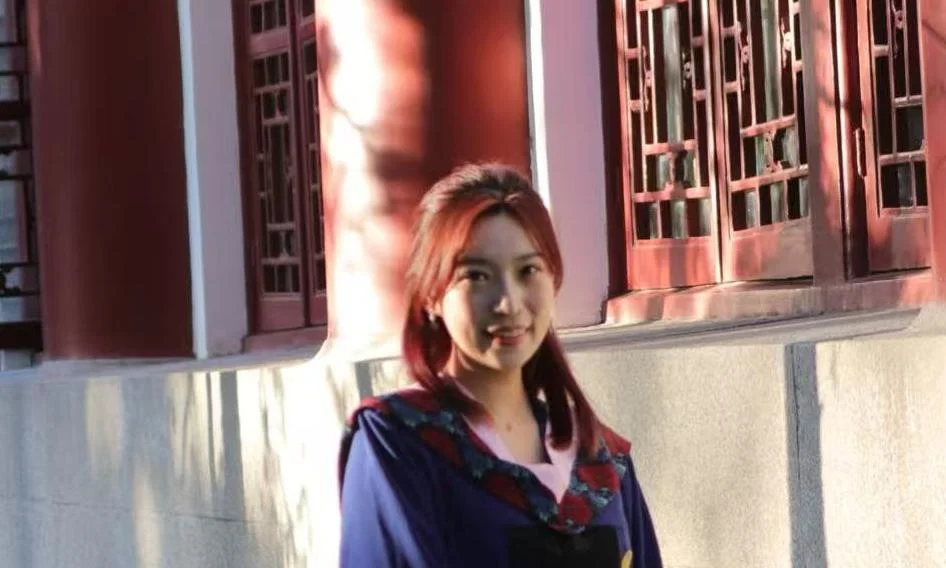The Tree That Dyed China Red: a Q&A with Ziquan Zhou
The Tree That Dyed China Red: A Cultural and Environmental History of Siamese Sappanwood from the Fifteenth to the Nineteenth Centuries
Ziquan Zhou is a PhD candidate in the Department of International History
My research focuses on plant-based dyes, and perhaps its most direct impact is helping us understand, or even recreate, how people once used plants to produce colours before chemical dyes became common . . . But my real goal goes beyond that. I hope my research can encourage people, especially those with similar curiosity with me, to rethink the connections between different communities.

What are you currently researching?
I am currently researching the material culture history of sappanwood. It is a type of wood that was extensively imported from Southeast Asia to East Asia in the early modern period and widely used for producing red dye. This project investigates the distant link between East Asia’s preference for red colours and the forest landscape of Southeast Asia in from seventeenth to nineteenth century. It explores the possibility of converging environmental history, commercial history, and material culture in global historical writing from a non-Eurocentric perspective.
Why did you choose this area of study?
My interest in history began with curiosity. As we grow up, we often take the things around us for granted, but at the same time, I believe we wonder, “Why is it this way? How did it become like this?” Just as a child might ask, “Why do we live here? Where did mom’s grandparents come from?” I have always been curious about larger questions like, “Why do we live in a world of capitalism? What brought this about?” I believe that studying history allows us to rethink what seems self-evident in our world today and, by understanding it more deeply, to imagine more possibilities for the future.
How will your research have a wider impact on society? Can you give some real-world examples of the impact your research will have?
My research focuses on plant-based dyes, and perhaps its most direct impact is helping us understand, or even recreate, how people once used plants to produce colours before chemical dyes became common. This knowledge might also inspire the development of new natural materials for lipstick shades, haha.
But my real goal goes beyond that. I hope my research can encourage people, especially those with similar curiosity with me, to rethink the connections between different communities. Before the modern world order took shape, we were probably linked in much closer and more complex ways. I also hope that by understanding the important role plants played in shaping human cultures in the early modern period, we can rethink our relationship with plants, forests, and the natural world today.
What have been the highlights of your research work so far?
Before starting this project, I thought it would be a rather lonely journey. But the deeper I went, the more I realised that many people are actually interested in similar questions and have done a lot of inspiring work. I’ve also received so much help and encouragement from them. What makes me happiest is exchanging ideas with like-minded people, mutually inspiring each other and seeing things from new perspectives. It’s not something we have to deliberately seek out, it just happens naturally on our way of research.
What has been your biggest challenge so far?
For many researchers including me, I believe the biggest challenge is often to come up with a good question that’s truly worth exploring, and then turn it into a practical project. I’m quite fortunate to have found a topic that genuinely excites me. Doing a PhD requires a huge amount of time and effort, so having genuine passion and curiosity for what we study is possibly even more important than the immediate social value of the question itself.
What advice would you give to prospective students on the most effective way to approach research and keep stress levels down?
From my perspective, research begins with asking a question and then finding ways to answer it. The best way to keep stress levels down is to genuinely want to know the answer, curiosity itself can turn research into something enjoyable.
Another personal tip of mine is to forget about the destination and approach research with the mindset of taking a walk. Doing research isn’t like taking a bus that stops at fixed stations to reach a clear endpoint, I think it’s more like walking our own path, sometimes through places no one has explored before. Even the routes that seem to go off track can lead to something helpful or interesting. So there’s no need to worry about whether our effort is “useful” or not, it’s all part of the journey.
In a few words, what is the best thing about studying at LSE?
LSE has a uniquely inclusive and supportive atmosphere. Even very established scholars from other departments are often interested in hearing about my research and offering advice from their own disciplinary perspectives. What I appreciate most, though, is that LSE truly encourages and supports us to explore different possibilities, rather than dismissing new ideas out of preconceptions. For a researcher developing a new project, that kind of openness is exactly what’s needed.